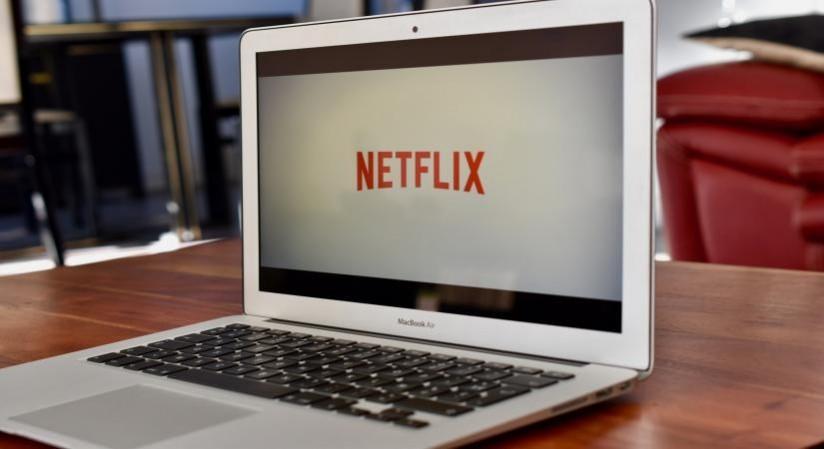
In a significant move, the National Commission for Protection of Child Rights (NCPCR) has taken a firm stand against the streaming giant Netflix. The commission has accused Netflix of showcasing explicit adult content that is easily accessible to minors. The commission has issued a notice to Netflix, marking a significant development in the ongoing discourse about the regulation of content on Over-the-Top (OTT) platforms.
The notice was served to Netflix India's Vice-President (Content), Monika Shergil, and Policy Head, Ambika Khurana. The NCPCR has directed both officials to appear before the commission in person on July 29 in Delhi. This move by the NCPCR underscores the seriousness of the issue and the commission's commitment to safeguarding the rights of children.
The action by the NCPCR was prompted by a complaint lodged by Uday Mahurkar, a former journalist and a member of the Save Culture, Save Bharat Foundation (SCSBF). According to the complaint filed by SCSBF, Netflix has been allegedly showcasing extremely explicit pornographic content on its platform, which is easily accessible to minors. This, the complaint argues, is not just ethically wrong but also illegal.
The NCPCR had previously sent a letter to Netflix on June 10, urging the streaming platform to take necessary steps to rectify the situation and submit an Action Taken Report within 10 days. However, Netflix did not comply with the NCPCR's request, leading to the issuance of the notice.

The commission has pointed out that the unrestricted accessibility of explicit content on Netflix to minors constitutes an offence under the Protection of Children from Sexual Offences (POCSO) Act, 2012, Section 11. This section of the Act states, A person is said to commit sexual harassment upon a child when such person, with sexual intent, shows any object to a child in any form or media for pornographic purposes.
The NCPCR has warned Netflix that failure to comply with the notice could attract legal consequences. The commission has directed the top officials of Netflix to appear before it on July 29, emphasizing the gravity of the situation.
This incident is not an isolated one. It is part of a larger, ongoing debate about the regulation of content on OTT platforms. In the past, there have been similar instances where OTT platforms have been accused of showcasing explicit content without adequate age restrictions. This has led to calls for stricter regulation of these platforms to ensure that they adhere to the same content guidelines as traditional media outlets.
The NCPCR's notice to Netflix is a significant development in the ongoing discourse about the regulation of content on OTT platforms. It underscores the seriousness of the issue and the commission's commitment to safeguarding the rights of children. It also sends a strong message to all OTT platforms about the importance of adhering to content guidelines and ensuring that explicit content is not easily accessible to minors. The outcome of this case could have far-reaching implications for the regulation of content on OTT platforms in the future.
















